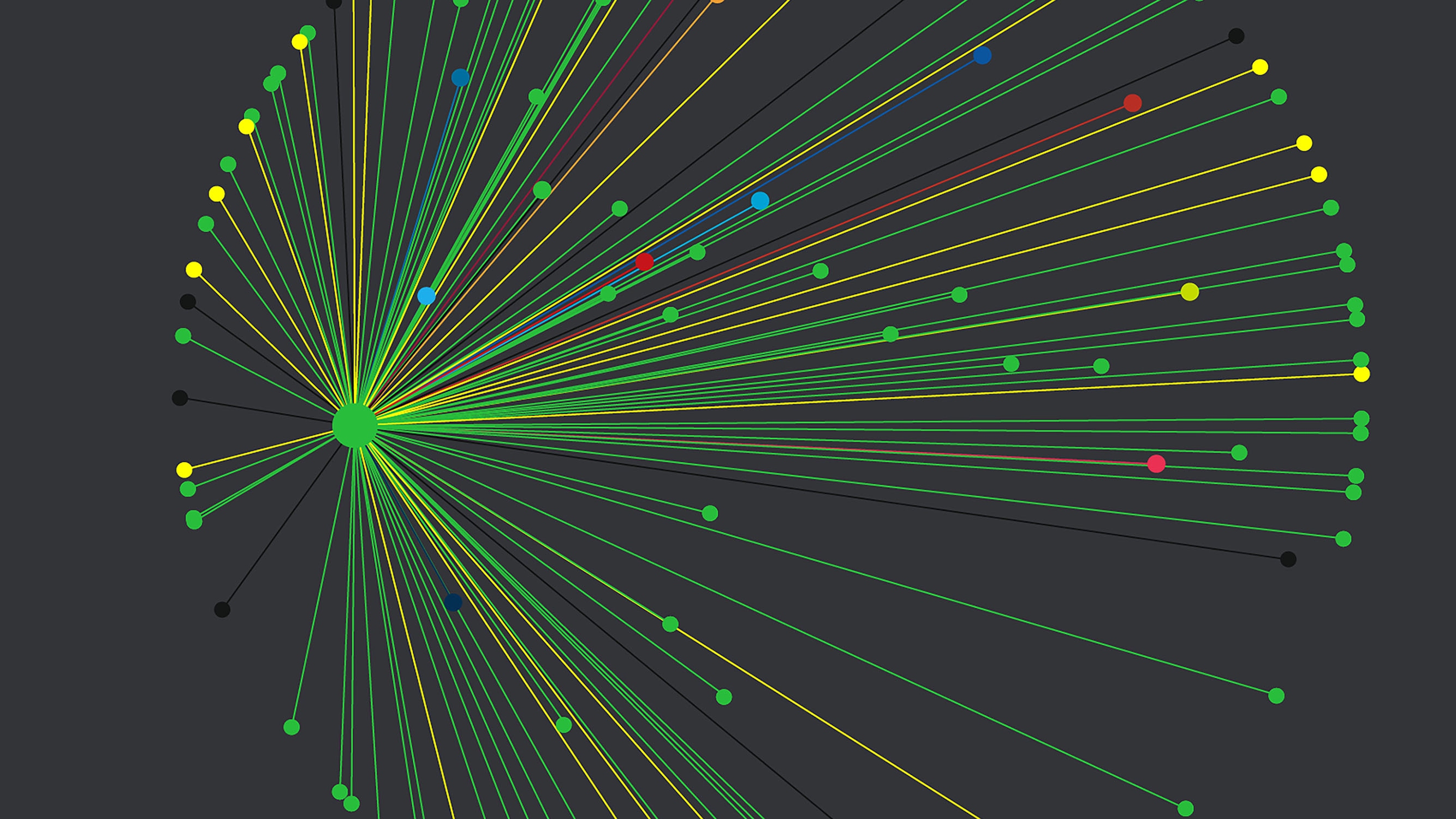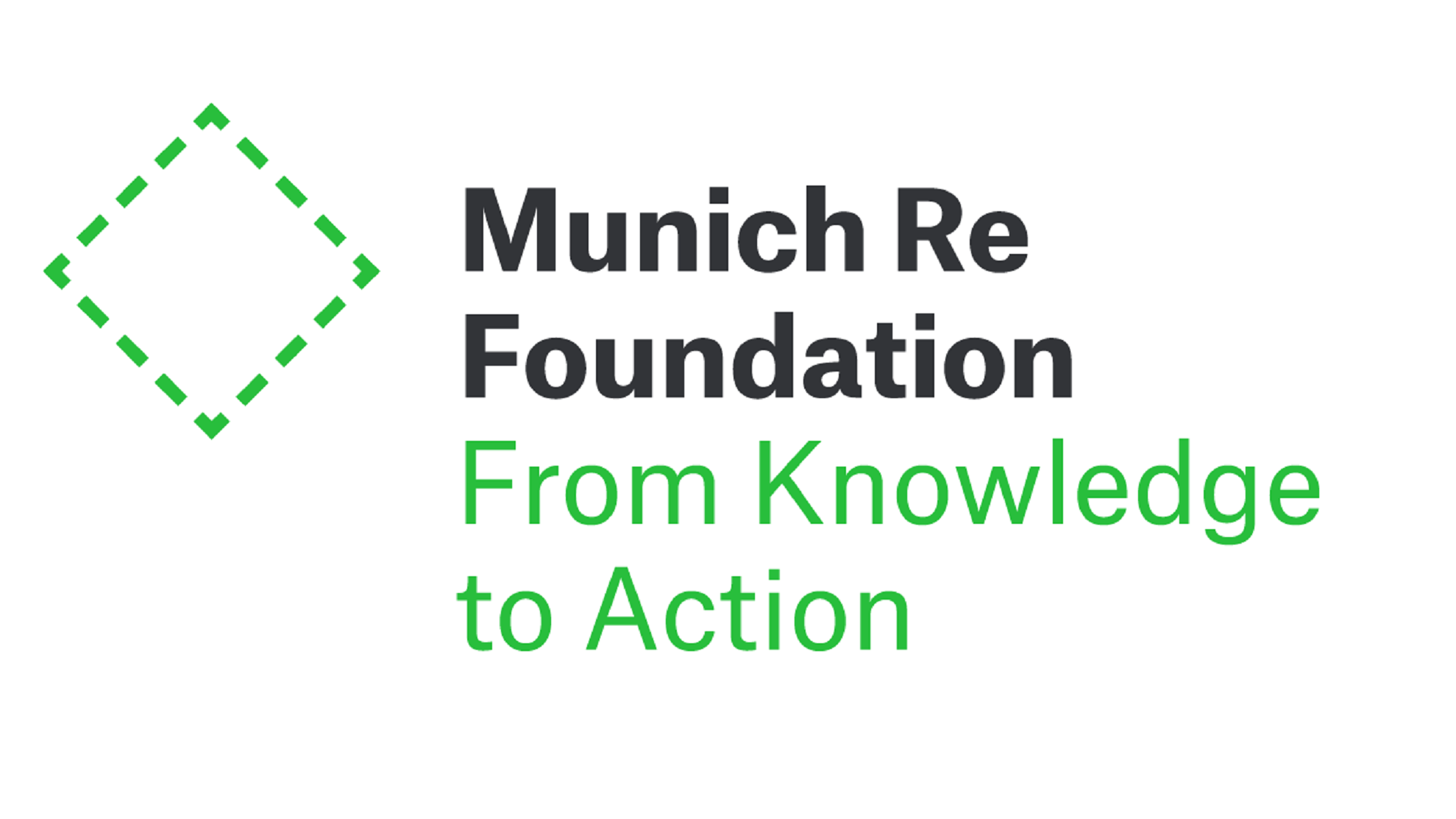
Call for proposals
#ICII2023
properties.trackTitle
properties.trackSubtitle
Background
The recent pandemic has increased the number of people living below the poverty line. Furthermore, experts estimate that climate change could push over 100 million people back into poverty by 2030. Over 50% of the world’s population is considered low-income (US$ 2-10 per day) or poor. The majority of these people still lack any formal safety net through insurance, social security or government systems, and are at risk of falling (back) into poverty in the event of a major or minor disaster.
Representatives from insurance and reinsurance companies, brokers, distribution channels, technology providers, investment funds, international organisations, NGOs and development aid agencies, as well as academics, policymakers and insurance supervisors, will attend the conference. Delegates will exchange views on current trends and risks in emerging markets and discuss key factors for the successful implementation and maximisation of business opportunities to bring supply and demand to the next level.
Structure and objectives of the conference
Conference language
Proposal submission form
Call for proposals
Topics
1. The business model for inclusive insurance
2. Digital solutions for inclusive insurance
3. /4./ 5. New inclusive insurance products or partnerships… / … in the fields of health or hospital cash / … in the fields of credit life or funeral insurance / … in the field of (micro) pensions.
6. Coping with climate and pandemic risks
7. Enabling (regulatory) environment
8. Gender-sensitive inclusive insurance
9. Consumer education: build capacities of people, societies and institutions
10. Looking back: successes and failures in inclusive insurance
11. Learnings from scientific research
The organisers are interested in the scientific analysis of inclusive insurance markets. This year’s call for proposals will be held in cooperation with the fifth special issue of The Geneva Papers on Risk and Insurance–Issues and Practice on Microinsurance.
Empirical, theoretical and policy-oriented papers are invited on topics such as:
- Experience with involving insureds – individually or in groups – in inclusive insurance products (e.g. package design, pricing, claims adjudication, administration)
- The impact of inclusive insurance on welfare gains and financial protection, as well as its contribution to economic growth and reducing inequality; inclusive insurance-driven improvements for the insured (micro level) and economic growth (macro level)
- Inclusive insurance development (e.g. product innovations, marketing distribution)
- Evidence of innovative risk-bundling or innovation in methods (e.g. new data modelling, obtaining high-resolution data)
- Closing protection gaps: Implementation of increased insurance uptake in the informal sectors of low- and middle-income countries
- New technological applications (InsurTech) in inclusive insurance
- The effects of crop/agricultural inclusive insurance on food security and rural-urban migration, and new technologies in agricultural insurance
- Experiences with health inclusive insurance, also in light of COVID-19
- Inclusive insurance regulation: The good, the bad, and the missing
- Social and ethical aspects of and barriers to inclusive insurance
- Inclusive insurance education and awareness raising: What works, what does not?
- Inclusive insurance and climate risk
12. ICII 2023 pitching session*
Submission of proposals
- The ICII 2023 will take place as an in-person event.
- All proposals will be reviewed by the Conference Steering Committee, including a pre-selection process.
- Proposals need to make a compelling case on how to add value to the shared knowledge base and drive market development.
- Proposals for individual presentations and full sessions can only be submitted through the online submission form available from the conference website. To submit a proposal, please complete the form in English. Please note that no other format can be accepted.
- An electronic version of a draft paper, presentation or other explanatory document must be attached in Acrobat (PDF) format.
Proposals can be submitted under the following two categories:
A) Proposals for a full session
The conference organisers invite proposals that cover a full 90-minute session. The hosting organisation will be named in the agenda and conference report as a content partner of the conference.
The content of these sessions must focus on a specific topic addressing specific questions that are relevant to a broader audience. Proposals should include concrete objectives for the session. Submissions based on the details of actual results are preferred. Panellists should ideally represent a broad range of stakeholders and/or have a broad geographic background, as well as gender diversity.
- The hosting organisation will be responsible for inviting speakers and organising the session in coordination with the conference organisers.
- The travel and accommodation costs of speakers/facilitators should be covered by the hosting organisation. The conference organisers are not responsible for covering such expenses.
- Up to four speakers/facilitators will be granted admission free of charge.
- If you are submitting two consecutive sessions, such as for training, please note this in your proposal.
- Speakers must be registered using the online registration form.
- Speakers/facilitators must be confirmed by 1 September 2023 at the latest.
- Breakout rooms for the session will be allocated by the conference organisers.
- Breakout room arrangements cannot be changed.
If you would like to host a full session, please submit a draft outline of the session to the conference organisers, using the proposal submission form. The proposal must include speakers and the facilitator, as well as the key questions to be discussed.
B) Proposals for an individual presentation
The organisers invite proposals for individual presentations of around 15-20 minutes, which will be combined with other matching presentations in one session. Proposals for individual presentations should include concrete lessons learnt and recommendations for the audience. Submissions based on the details of actual results are preferred.
Limited funding is available upon application for economy-class travel and hotel expenses of speakers and facilitators from non-profit organisations (excluding large national and international donor organisations). Applications for travel grants cannot be accepted after a proposal has been submitted. There is no limit to the number of abstracts that can be submitted by an organisation, though travel grants are limited to one speaker per non-profit organisation. For details of travel grants for speakers and facilitators, please consult www.inclusiveinsurance.org.
Registration of speakers, participation fees and travel/accommodation
Proposal submission form
General enquiries about the conference: info@munichre-foundation.org
Timeline and acceptance
Submission deadline for proposals and draft papers (extended): 9 May 2023
Notification of acceptance: 31 July 2023
Confirmation of speakers for sessions hosted by third parties: 31 August 2023
Submission of draft presentations for the conference: 15 September 2023
Submission of draft presentations and final papers: 15 October 2023







